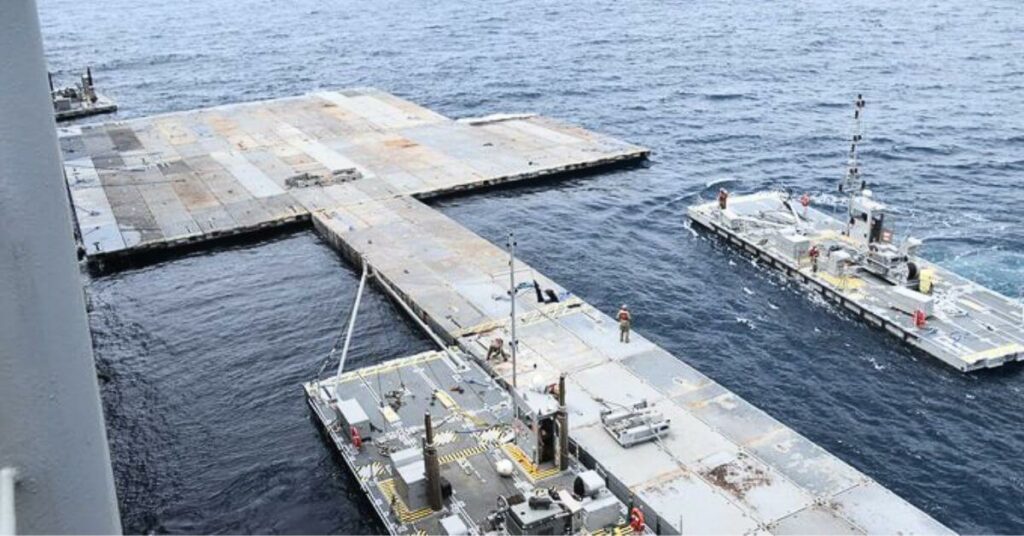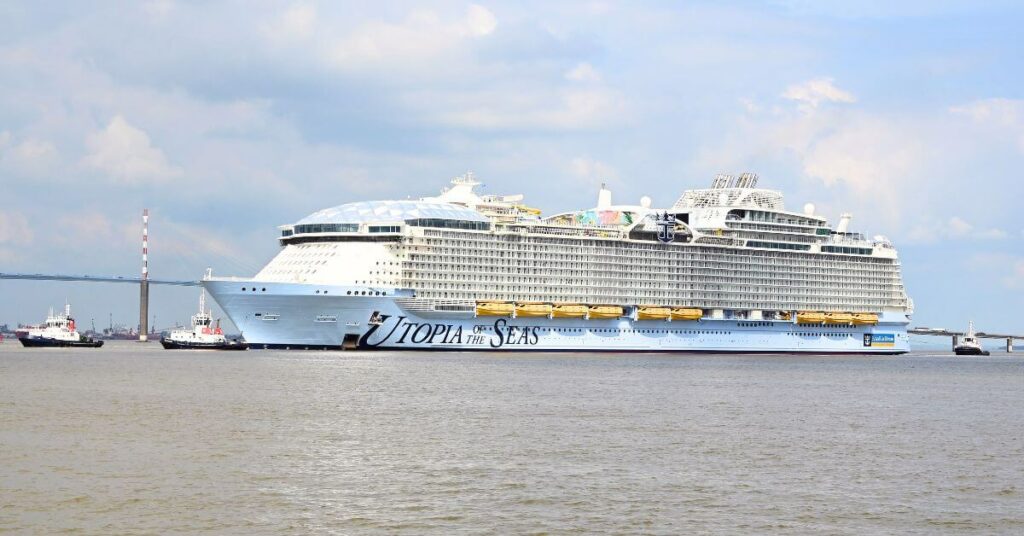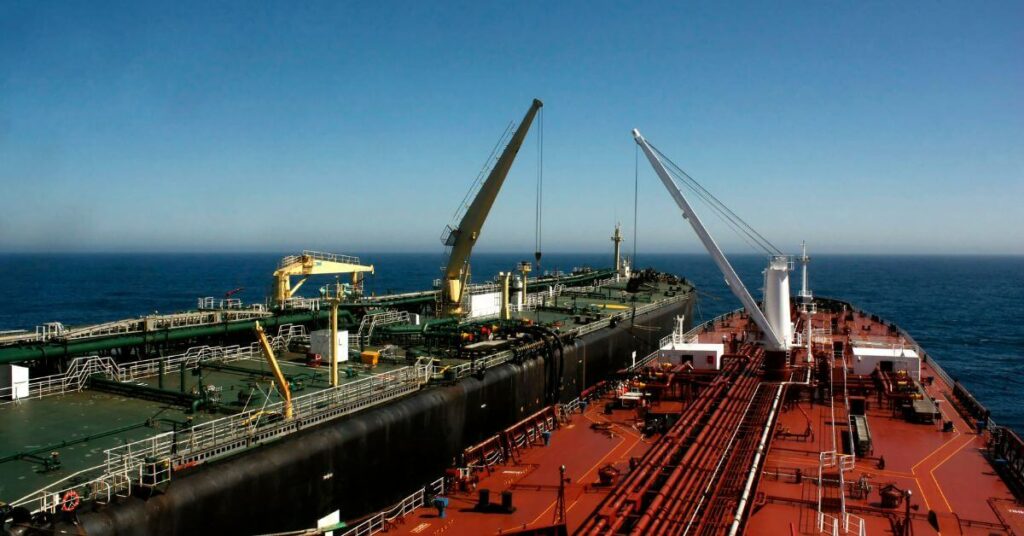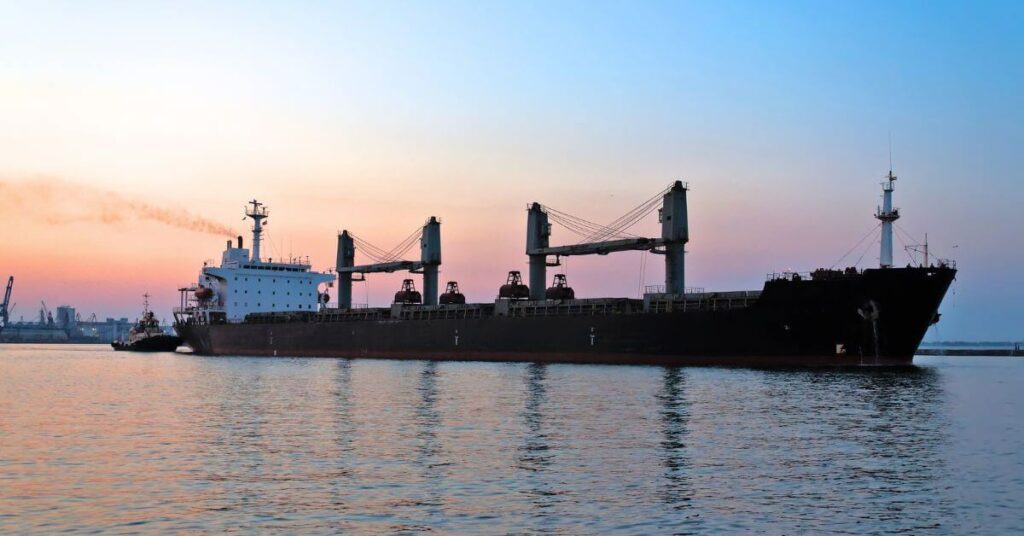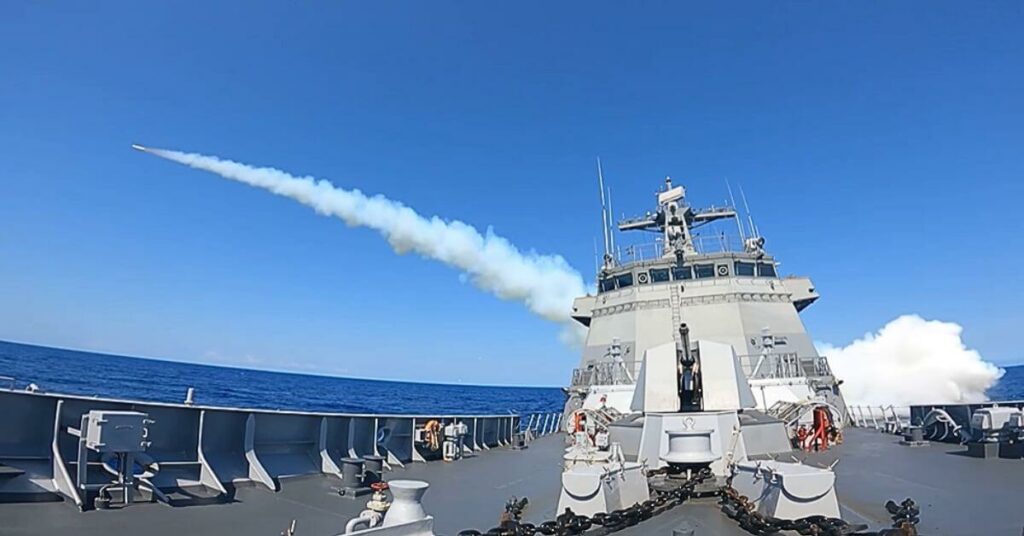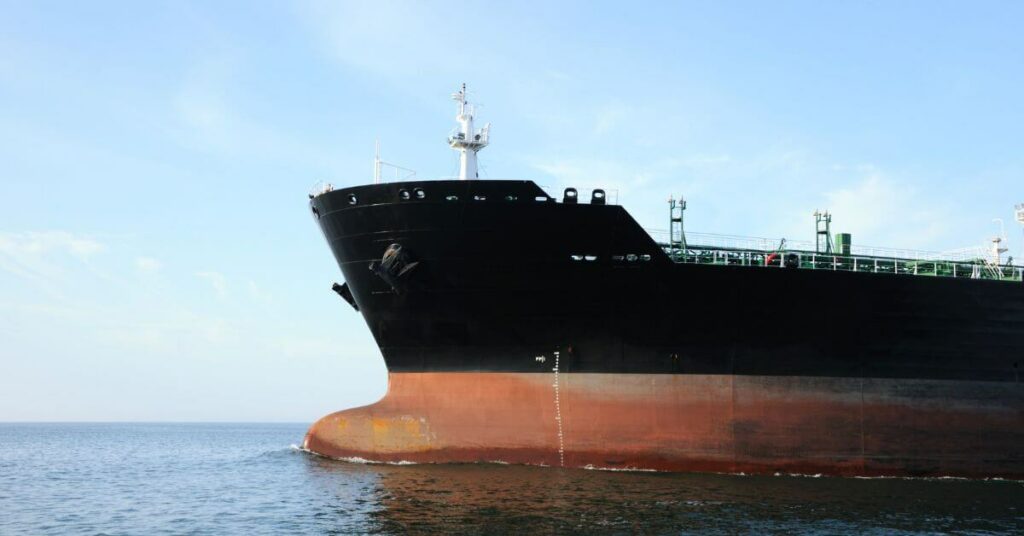1st Floating LNG Terminal in France, The FSRU Cape Ann Becomes Operational
The French city of Le Havre has seen the launch of the first-ever floating terminal for receiving LNG, titled FSRU Cape Ann. The declaration came from TotalEnergies, the firm in charge of the facility.
The terminal has injected its megawatt-hours of gas within the network by using liquefied natural gas from Norway, the press release of the firm stated.
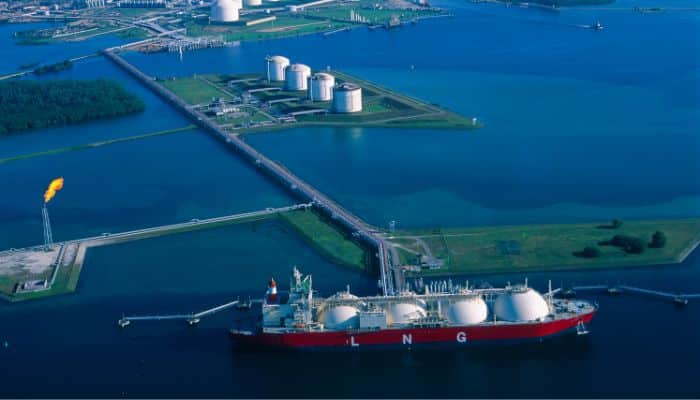
TotalEnergies has reportedly secured a deal for utilizing half of the terminal’s yearly capacity in Le Havre.
The rest of the capacity for sale will be made available in compliance with the regulatory guidelines.
This terminal earmarks the fifth facility dedicated to tackling LNG in France. However, it distinguishes itself by being a floating terminal. On the other hand, the remaining four are terrestrial installations in Montoir-de-Bretagne and Fos-sur-Mer, along the coasts of the Atlantic and the Mediterranean, respectively, and Dunkirk, close to the North Sea. The cumulative capacity of the four terminals is nearly 26.8 million tons a year.
Some of the specifications of the floating FSRU dubbed the Cape Ann terminal are here:
Maximum capacity is 5 billion cubic meters annually, which equals 10% of France’s natural gas consumption.
The gas storage capacity is approximately 142,500 cubic meters.
The dimensions are as follows: The length is 283 meters, while the width is about 43.4 meters.
The Deadweight is about 112,457 tons.
The year of construction is 2010.
The country flies the flag of France.
On 24 October, it was declared that Qatar would supply gas to Italy, Germany, the Netherlands, and France, filling the gap left by the cessation of Russia’s energy supplies.
The Italian major Eni signed a long-term gas supply deal with Qatar on 23 October. Preliminary deals were reached with the Netherlands, France, and Germany, each of the countries is expected to receive about 3.5 million tons of liquefied natural gas (LNG) from the Middle Eastern nation by 2050.
This development ensures that the ongoing energy crisis in Europe, which happened owing to the evolving conflict in Ukraine and the unforeseen reduction in Russia’s gas deliveries last year, is no longer a threat. European nations are collectively going to receive LNG of about 27 million tons in the 2030s, equivalent to the gas of three billion cubic meters or a quarter of the earlier Russian gas volumes. Besides Qatar, the EU is receiving gas from the US.
References: Journal Of Petroleum Technology, The Gaze
Disclaimer :
The information contained in this website is for general information purposes only. While we endeavour to keep the information up to date and correct, we make no representations or warranties of any kind, express or implied, about the completeness, accuracy, reliability, suitability or availability with respect to the website or the information, products, services, or related graphics contained on the website for any purpose. Any reliance you place on such information is therefore strictly at your own risk.
In no event will we be liable for any loss or damage including without limitation, indirect or consequential loss or damage, or any loss or damage whatsoever arising from loss of data or profits arising out of, or in connection with, the use of this website.
Disclaimer :
The information contained in this website is for general information purposes only. While we endeavour to keep the information up to date and correct, we make no representations or warranties of any kind, express or implied, about the completeness, accuracy, reliability, suitability or availability with respect to the website or the information, products, services, or related graphics contained on the website for any purpose. Any reliance you place on such information is therefore strictly at your own risk.
In no event will we be liable for any loss or damage including without limitation, indirect or consequential loss or damage, or any loss or damage whatsoever arising from loss of data or profits arising out of, or in connection with, the use of this website.
About Author
Marine Insight News Network is a premier source for up-to-date, comprehensive, and insightful coverage of the maritime industry. Dedicated to offering the latest news, trends, and analyses in shipping, marine technology, regulations, and global maritime affairs, Marine Insight News Network prides itself on delivering accurate, engaging, and relevant information.

About Author
Marine Insight News Network is a premier source for up-to-date, comprehensive, and insightful coverage of the maritime industry. Dedicated to offering the latest news, trends, and analyses in shipping, marine technology, regulations, and global maritime affairs, Marine Insight News Network prides itself on delivering accurate, engaging, and relevant information.
Do you have info to share with us ? Suggest a correction
Latest Shipping News Articles You Would Like:
Daily Maritime News, Straight To Your Inbox
Sign Up To Get Daily Newsletters
Join over 60k+ people who read our daily newsletters
By subscribing, you agree to our Privacy Policy and may receive occasional deal communications; you can unsubscribe anytime.

